American Eccentric Cinema
Since the late 1990s a new language has emerged in film scholarship and criticism in response to the popularity of American directors such as Wes Anderson, Charlie Kaufman, and David O. Russell. Increasingly, adjectives like 'quirky', 'cute', and 'smart' are used to describe these American films, with a focus on their ironic (and sometimes deliberately comical) stories, character situations and tones. Kim Wilkins argues that, beyond the seemingly superficial descriptions, 'American eccentric cinema' presents a formal and thematic eccentricity that is distinct to the American context. She distinguishes these films from mainstream Hollywood cinema as they exhibit irregularities in characterization, tone, and setting, and deviate from established generic conventions. Each chapter builds a case for this position through detailed film analyses and comparisons to earlier American traditions, such as the New Hollywood cinema of the 1960s and 1970s. American Eccentric Cinema promises to challenge the notion of irony in American contemporary cinema, and questions the relationship of irony to a complex national and individual identity.
{{comment.content}}

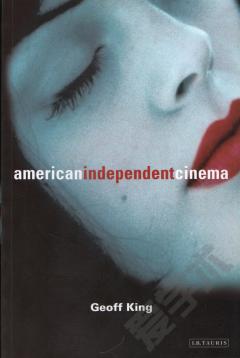
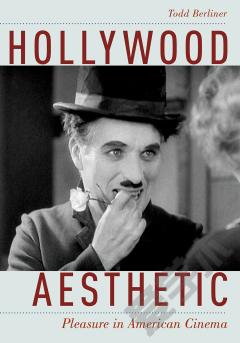
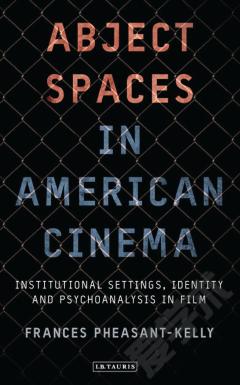
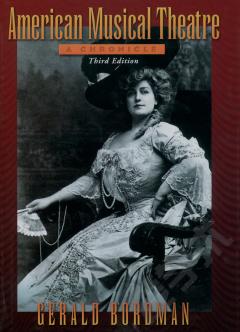
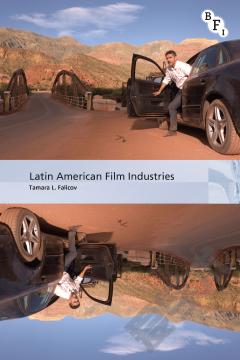


 京公网安备 11010802027623号
京公网安备 11010802027623号